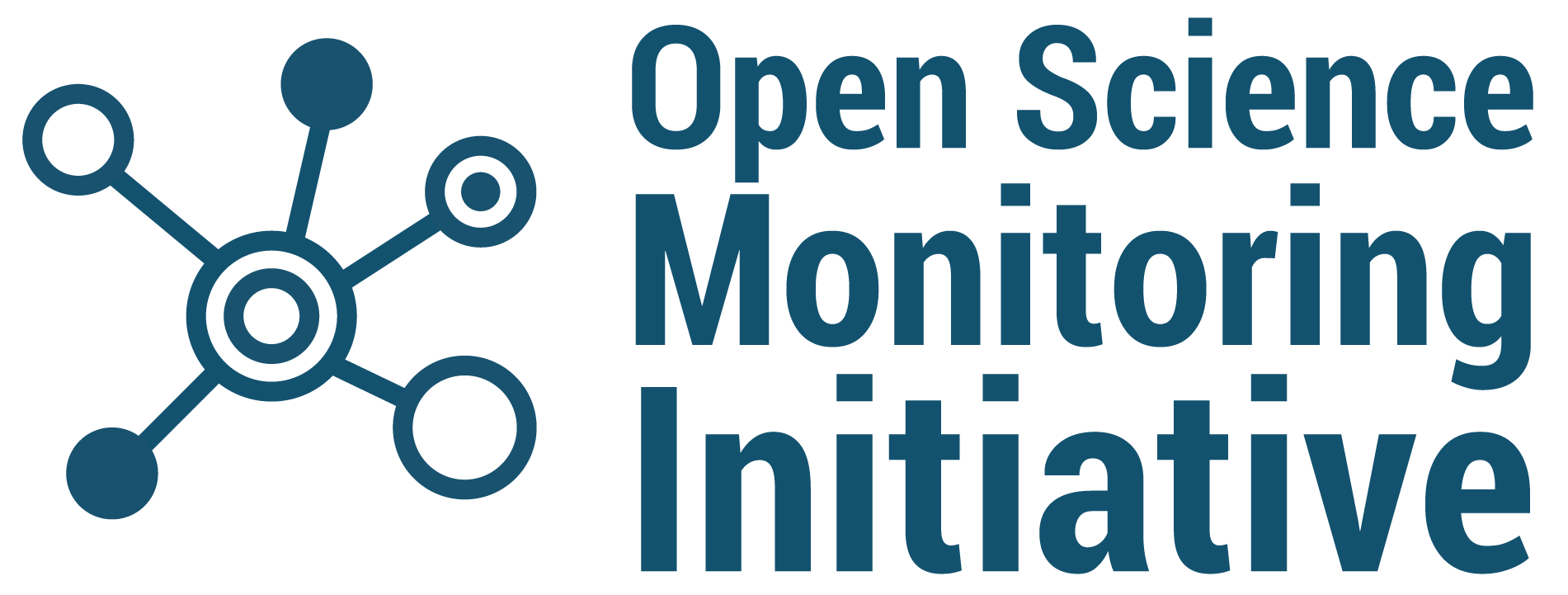In May 2023, the G7 Science and Technology Ministers met in Sendai and issued a communiqué in which they renewed their strong support towards Open Science, with a reinforced cooperation, especially to “use research on research to inspire a framework for open science monitoring”. Source
As of today, this framework has yet to be defined.
Many initiatives already exist in the field of open science monitoring, whether it be with a national or international scope. Since they are dealing with different perimeters, coming from various sources, they underline the variety and richness of approaches when it comes to open science monitoring, but fail to provide a common view and global understanding of the opening process.
Some guidelines are nonetheless already available for institutions or countries who wish to develop these kinds of indicators. In 2020, the Principles of Open Scholarly Infrastructure have laid the foundations of sustainable infrastructures based on a transparent governance and relying on open data.
In 2021, the Unesco recommendation on open science « outlines a common definition and shared values, principles and standards for open science at the international level ». It promotes the setting up of global indicators on open science.
In 2024, a European project, PathOS, has produced an Open Science Indicator Handbook. This handbook proposes indicators that can help measure the progress of open science in the broadest meaning, many of which cannot yet be produced owing to the lack of the needed data.
Finally, the Barcelona Declaration on Open Research Information also provides interesting guidelines regarding open science monitoring.
However, despite all these initiatives and guidelines, there is for now no common understanding nor framework of open science monitoring. As pointed out by the G7 communiqué, the global nature of science implies that a global understanding of its opening is needed for it to be efficient, whether it be for publications, date, software, citizen science or other research outputs, along with clinical trials or the costs linked to science opening.
Those are the reasons why we are proposing to reach a global agreement on a set of Principles that could set a guide for present and future initiatives about Open Science Monitoring.
The Open Science Monitoring Initiative (OSMI) goals are:
- to promote the worldwide adoption of the Principles of Open Science Monitoring;
- to provide recommendations for technical specifications for their implementation;
- to support stakeholders on various levels in monitoring Open Science practices.
OSMI has an Initiators Group, a Coordination Committee and working groups.

